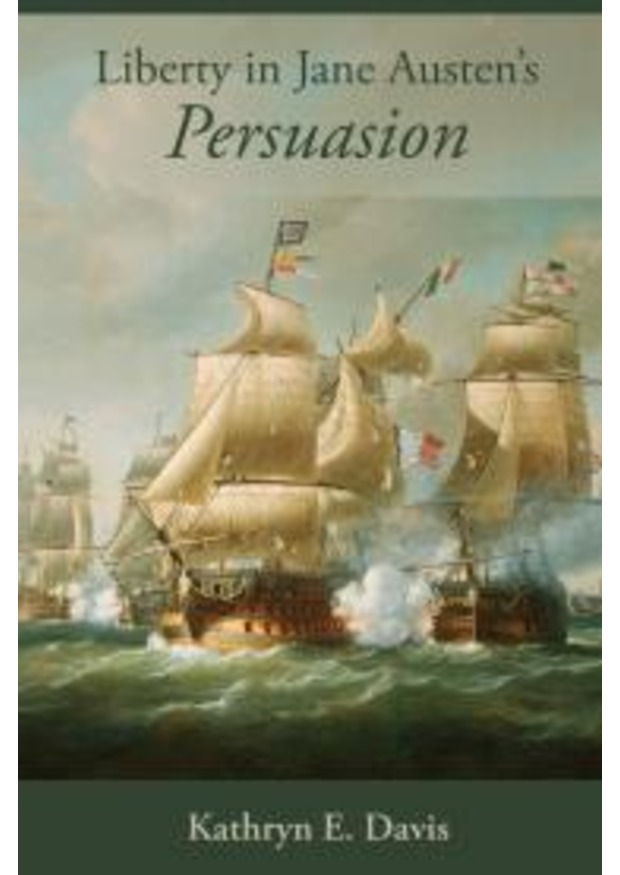Liberty in Jane Austen’s Persuasion is a meditation on Persuasion as a text in which Jane Austen, writing in the Age of Revolution, enters the conversation of her epoch. Poets, philosophers, theologians and political thinkers of the long eighteenth century, including William Cowper, George Gordon Byron, Samuel Johnson, Hugh Blair, Thomas Sherlock, Edmund Burke, and Charles Pasley, endeavored definitively to determine what it means for a human being to be free. Persuasion is Austen’s elegant, artful and complex addition to this conversation. In this study, Kathryn Davis proposes that Austen's last complete novel offers an apologia for human liberty primarily understood as self-governance. Austen’s characters struggle to attain liberty, not from an oppressive political regime or stifling social conventions, but for a type of excellence that is available to each human being. The novel's presentation of moral virtue has wider cultural significance as a force that shapes both the “little social commonwealth[s]” inhabited by characters of Austen’s own making and, possibly, the identity of the nation whose sovereign read Persuasion.
Reviews:
Davis's highly readable, well-researched book offers a fresh view of Austen's final complete novel by placing the work's discussion of liberty and personal freedom within the context of Enlightenment philosophical debates and religious traditions deeply rooted in the past. Literary scholars and laypeople alike will find much to admire in Davis's careful reading of Persuasion.
— Roger Moore, Vanderbilt University
Refreshing, clear, and convincing. Davis dialogues graciously yet incisively with contemporary critics and positions Austen’s Persuasion as an astute response to eighteenth-century philosophical theology and political thought. Fascinatingly, Davis takes up two writers whom Austen admired—Thomas Sherlock and William Cowper—and proposes their Christian concepts of grace, diligence, and fearlessness informed Austen’s ideas about liberty of soul. Davis illustrates how, in an age of revolutions, Austen consciously defined liberty in terms of practical wisdom, spiritual fortitude, active speech, and social responsibility. The result is an illuminating examination of feminine and masculine character growth and the attendant political consequences.
— Natasha Duquette, Tyndale University College













